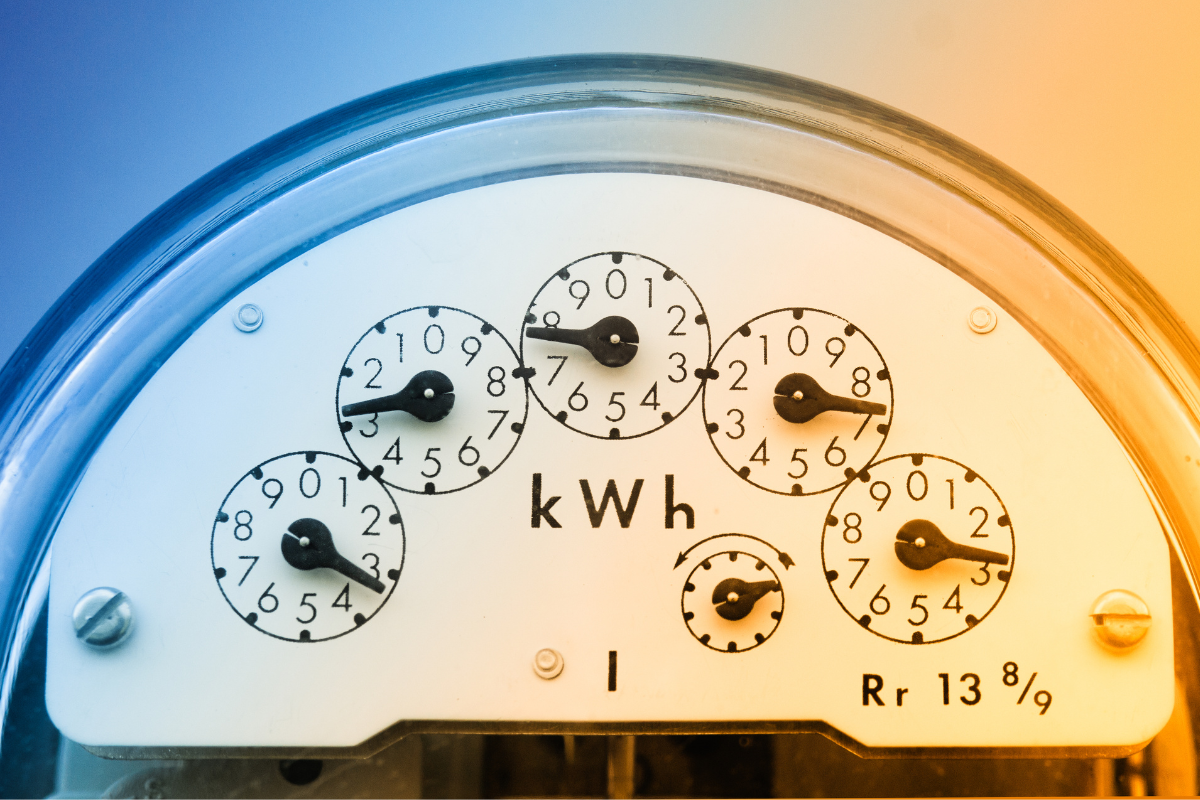
Energy demands fluctuate throughout the day, meaning certain times may be more economical for charging your electric vehicle at home and on the go. Energy needs also vary from season to season, and climate to climate. This raises some important questions: how does energy demand impact your final energy costs to charge your EV, and how can we charge our EVs sustainably? What is the best time of day, ultimately, to charge your vehicle?
Electricity is Not Limitless
Many of us take electricity for granted. It is an intangible source of energy that seemingly cannot run out. But this is not the case. Just like your electric vehicle’s battery, your local source of electricity has a maximum capacity. If a utilities provider’s energy capacity becomes overloaded, it will be forced to draw additional electricity converted from nuclear or fossil-fuel burning power plants–something we are trying to avoid in the first place when we drive an EV.
Is Night or Day Better for Charging an EV?
In order to sustainably charge our electric vehicles, we will need to choose a time that is off peak charging hours. These will vary according to location, but a general rule of thumb is to avoid early evening hours, when everyone will be plugging in their cars after returning home from work.
One of Colorado’s primary utility providers, Xcel, charges rates based on seasonal time of use (TOU). Many utility providers are switching to this method in order to accommodate the costs associated with energy operations and to reward customers who consume less energy during peak hours and seasons.
Colorado energy rates are highest during the summer months of June through September, and from 3pm to 7 pm on non-holiday weekdays.
The Colorado Department of Regulatory Agencies also specifies a “mid peak” time frame from between 1 pm to 3 pm on non holiday weekdays and during the summer months, from June to the end of September. Again, energy use rates will be slightly higher during these times.
So, to answer our question: the best time to charge an EV in Colorado will be after 7 pm in the evenings and before noon in the mornings. The colder months of October through May will also have reduced rates since usage is less during the winter. An exception is, of course, the Holidays, during which energy use tends to skyrocket thanks to decorative lights and endless cooking.
Does Cold Weather Affect an EV’s Battery?
Despite the fact that rates are lower in winter months, there is a catch: it may take significantly longer to charge your battery when it gets colder. Lithium ion batteries rely on electrochemical reactions within the cell, and these reactions are hindered by cold temperatures. Furthermore, Battery Management Systems are designed to keep the battery from charging too quickly to avoid degradation. These factors combine to increase charging time up to three fold in some instances.
Luckily, Colorado EV drivers who park their cars in warm garages and commute well within their vehicle’s estimated range shouldn’t have too much to worry about in the winter. Nor will drivers who live in a more temperate climate.


